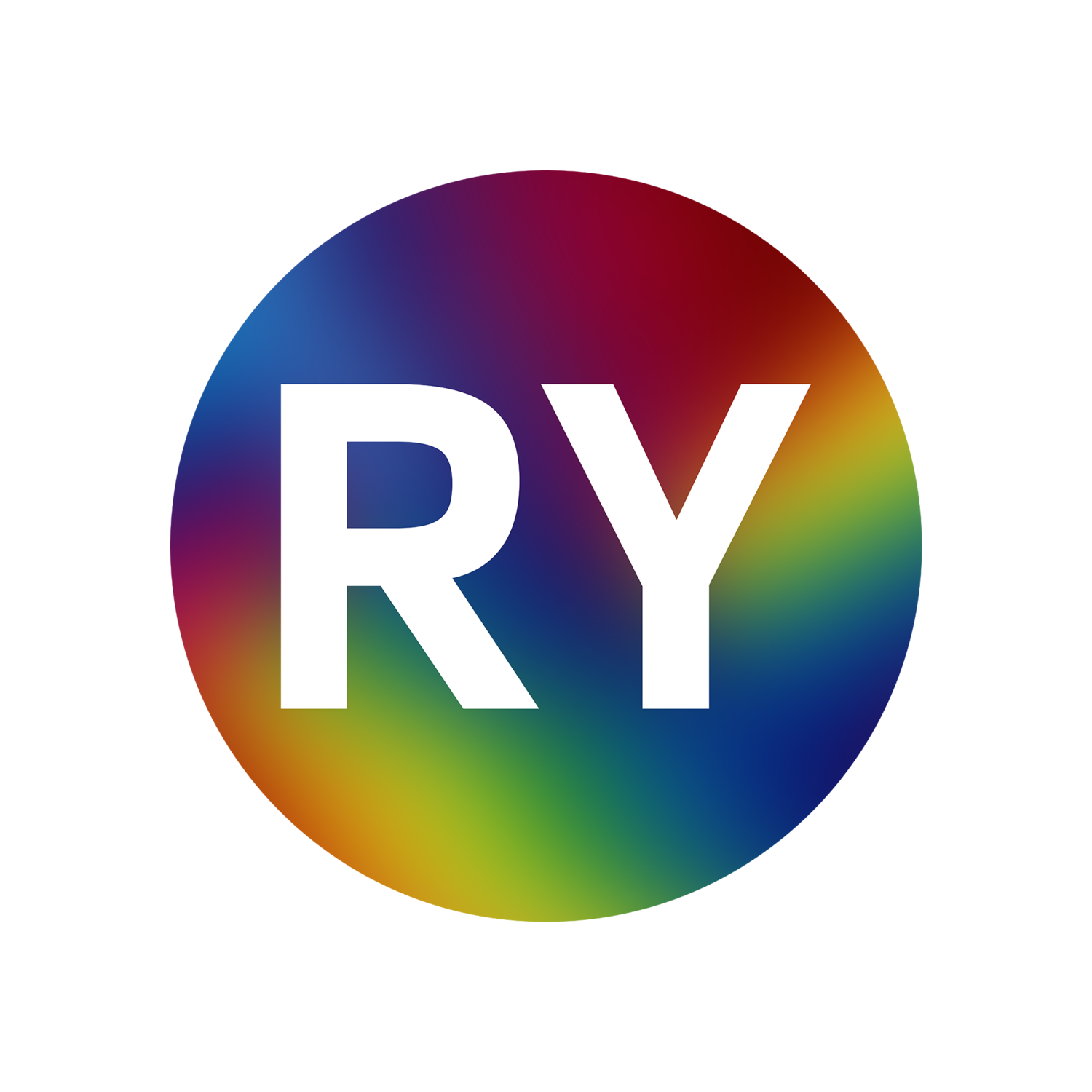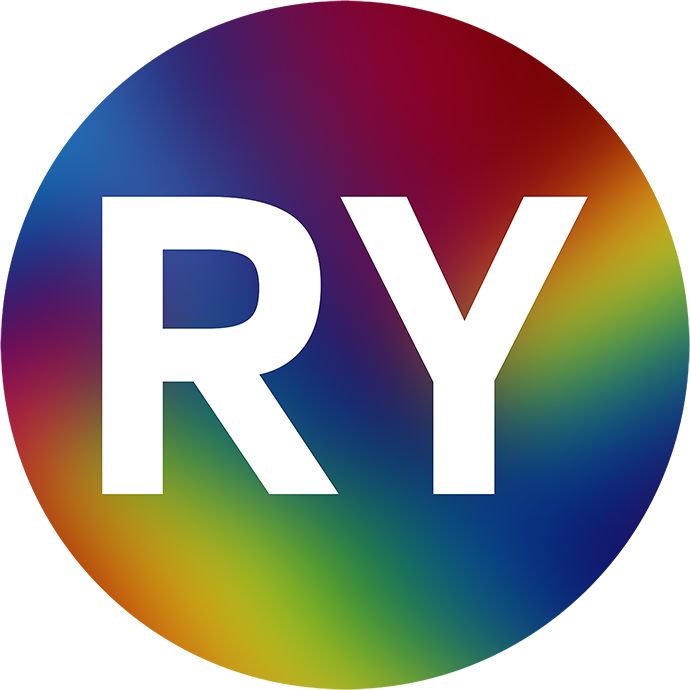Submission on Conversion Practices Prohibition Legislation Bill
To the Justice Committee
8th September 2021
This submission is from RainbowYOUTH - a national charity that provides support, information, resources and advocacy for queer, gender diverse, takatāpui and intersex young people, their friends, whānau, and wider communities since 1989. We support young people and their whānau to know and be who they are.
We are committed to non-violent, equitable and inclusive psycho-social support that celebrates diversity. Therefore, in supporting the ban, we ask the Justice Committee to carefully consider the direct and indirect violence that results from conversion practices, to critically examine the prejudices and the inequities it reifies, and heavily consider the internal and external trauma and grief that it invokes. Furthermore, we ask that the Committee considers these damaging effects and the threat to life itself that this practice provokes in Aotearoa, New Zealand, and the world around us.
RainbowYOUTH recognises and honours Te Tiriti o Waitangi, the agreement signed between the Crown and many rangatira and hapū across Aotearoa. To us, honouring this commitment means that we support people of diverse sexualities and genders across Te-Moana-nui-a-Kiwa. We acknowledge that Māori and Pacific takatāpui identities, culture and tikanga existed long before settler contact and the colonial practice of conversion practices, and ask the Committee to consider its ongoing disruption to cultural wellbeing. Furthermore, takatāpui sovereignty remains an important and vital part of individual, whānau, hapū, iwi wellbeing for tangata whenua today, and for the flourishing of the bi-cultural partnership and diverse multicultural communities that coexist in Aotearoa, New Zealand.
Our commitment to Te Tiriti o Waitangi also means that we are committed to hauora, agency and cultural safety. We see the continuation of conversion practices as a breach of Tinorangatiratanga o Te Tiriti, and a violation of the NZ Bill of Rights, the UDHR, UNDRIP, and worldwide conventions.
We support the intent of this Bill to work towards protecting our communities from harmful conversion practices. However, we see some key changes needed in this Bill in order to ensure that this protection is done in an empowering, supportive and effective way. Below are some of our recommendations:
Section 5 - Include intersex communities
One of the changes we’d like to see is to include intersex people within the protected categories. The Darlington Statement, a joint statement made by Australian and New Zealand intersex organisations and advocates in 2017, suggests that genital surgery on intersex babies and children should be a crime. It argues for greater human rights and recognition for people with diverse sex characteristics. We recommend that the Bill protect intersex people from conversion practices by:
Including “sex characteristics” within the meaning of conversion practices outlined in section 5.
Including an exemption in section 5(2) to allow for medical interventions that are performed for legitimate purposes, such as:
a health service performed with the intention of changing an individual’s innate variation of sex characteristics where:
(i) the person requests it and provides free and informed consent or assent, or
(ii) it is strictly necessary and urgent to protect the life or physical health of the person, excluding from consideration social factors such as psychosocial development, atypical appearance, capacity for future penetrative sexual or procreative activity, or ability to urinate standing up; and the conditions referred to in (i) or (ii) were duly documented at the time of the intervention;
2. Invest in a harm reduction approach
Furthermore, the criminalisation of those who perform conversion practices does not necessarily stop people from engaging and promoting these processes - this is something we’ve seen in the past with family violence related legislation (e.g. Anti-Smacking Bill). Quite often, these practices slip further under the radar following criminalisation, and lead to further harm. The shame and fear instilled in people who have experienced conversion practices might also prevent survivors from seeking support and redress.
We know that conversion practices are often carried out within communities by those who are a part of them, and require a solution that is community focused. We want to see the Government prioritise and support the following initiatives that we see as fundamental to ensuring that solutions to end conversion practices remain community focused:
Investment in education and resources that promote awareness, acceptance and understanding around rainbow identities - these materials would support the prevention of covert conversion practices and educate communities about the harmful effects. Equitable access to such resources is imperative to protecting minority communities who are already disproportionately represented in prisons and punitive processes, as a result of oppression (eg: resources in different languages, for different age groups, etc)
Investment in consulting with survivors of conversion practices to develop avenues for individual and peer support outside of the justice system.
Investment in support, information and advocacy services for rainbow communities across the country, to ensure rainbow people are able to access support wherever they are, whenever they need it.
3. Remove the below exemptions under section 5
As it currently stands, we see the Bill as adequately protecting parents who would like to have conversations and advise their children on matters relating to their sexuality and/or gender identity. In order to make sure rainbow communities are able to thrive, we strongly recommend the need to ensure parents are unable to perform conversion practices within their homes - this will go a long way towards keeping children and young people safe at home.
Research shows that trans and non-binary people experience conversion therapy by health practitioners. Indeed, 17% of the 1,178 trans and non-binary people who participated in the Counting Ourselves Report 2019 reported that they had experienced reparative therapy wherein a professional had tried to stop them from being trans or non-binary. Further, 13% of participants reported that, in the last 12 months, they had been asked unnecessary or invasive questions about being trans or non-binary, that were unrelated to their health visit, when they were trying to access healthcare.
Whilst health practitioners are regulated under the Health Practitioners Competence Assurance Act 2003, these statistics demonstrate that conversion practices do occur in healthcare settings in their current forms. Thus, exempting healthcare practitioners from the bill does not align with the bill’s purpose, as stated in clause 3(1), to prevent harm caused by conversion practices.
We also find that Section 5 adequately protects health practitioners who work in supportive and affirming ways for our rainbow whānau. The Counting Ourselves Study (2019) found that when trying to access healthcare, almost half of all trans or non-binary people had to teach someone about their gender identity in order to get appropriate care. The origins of gay conversion therapy in NZ was also influenced by international approaches to psychology in the 1960s, which tells us that some of this thinking is rooted within our health system.
This part of the bill assumes that all medical practitioners are working in ‘best practice’ frameworks with their trans, non binary and intersex clients. Knowing that we don’t have a minimum national standard of what it means to be a competent health professional for our communities, we’d like to see this part of the bill removed to make sure health practitioners are held to the same standards as other institutions.
4. Remove Section 12
Whilst we don’t see widespread prosecution as the key solution to stopping harmful conversion practices, we would like to see the removal of Section 12 for Attorney General’s consent to reduce the barrier for victims who turn to the justice system for support. Through our work, we see first hand the issues our young people face with various levels of bureaucracy in our systems - we’d like to see this part removed, so people are able to be protected by the law more easily.
5. Conduct a review of the bill.
The timeframe for the development of this bill has been short - whilst some rainbow organisations have had a chance to give feedback to the Ministry of Justice around the bill, we know that there is much more input needed from survivors of conversion practices. In order to ensure that the objectives of the bill are being met, we recommend that a review takes place to ensure that the approach to reducing harm remains reflexive and open to learning from any issues or concerns that might arise after the Bill is passed. This review should not reconsider whether there is a need for conversion practices to be prohibited in Aotearoa.
6. Safe and accessible psychosocial support for survivors of conversion practices.
We know that rainbow communities are 9x more likely to experience severe psychological distress in comparison to their heterosexual/cisgender peers, and conversion practices are more likely to increase this distress. Through our work providing peer support to young people across the country, we see a huge lack in mental health support that is rainbow competent and affirming - we’d like to see the Committee ensure that there is free, culturally competent, and community led mental health support for survivors of conversion practices. This means more funding towards rainbow mental health services, and more support for LGBTQIA+ people to qualify as mental health practitioners.
7. Fund and equip the Human Rights Commission to strengthen and develop a specific pathway for processes relating to Conversion Practices.
Conversion practices are a unique issue, and require unique responses. We recommend that the Government takes steps towards ensuring specific pathways are created to ensure that the civil process for victims is one that is tailored to their needs.
Thank you for taking the time to read our submission. We are grateful to participate in this process, and we hope that the voice of rainbow young people we support is taken into serious consideration.
Me rongo, ka puta ki te ao, in peace and wellbeing for all.
Ngā mihi maioha,
RainbowYOUTH Team

